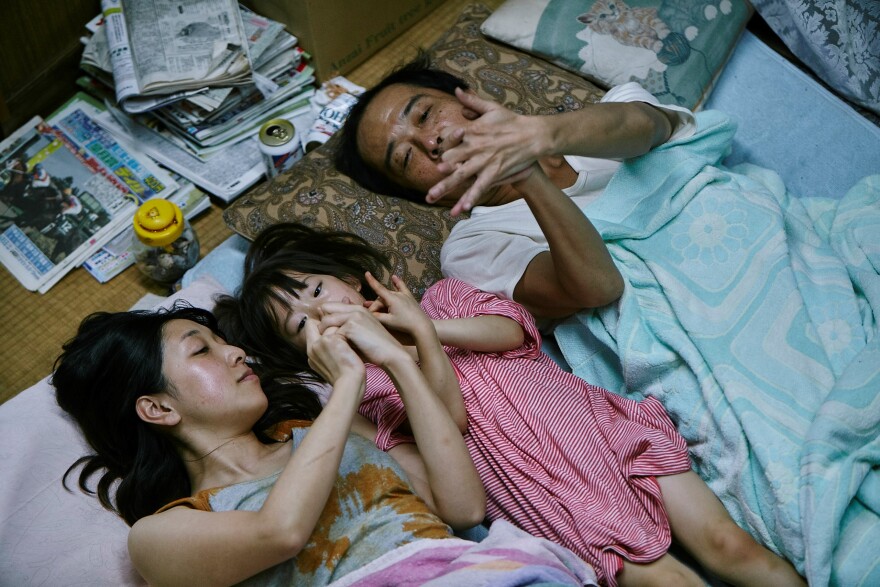As usual, the richness of film on display at this 45th Telluride Film Festival is almost too much to hold in mind all at once. For days afterward, the movies fight for space in the mind. A Columbian picture called Birds of Passage looks at an extended family of indigenous people in north-east Columbia who get involved in the marijuana trade and wind up destroying themselves.
It’s a fine movie, but it has to yield space to Peterloo, British filmmaker Mike Leigh’s historical drama about a massacre of peaceful protesters being starved by Britain’s Corn Laws in 1815. But a couple of other pictures have another level of uncanny power.
Cambodian filmmaker Rithy Panh received a tribute at this year’s festival. As a child, he survived the genocide of the 1970s when the ghastly Pol Pot and his legions murdered about a million and a half people. Panh has made a number of films about that time, and his latest, Graves without a Name, is his search for a way to grieve when there are no bodies and no marked graves, simply pathetic fragments of people and clothing that the living can scrape out of the dirt and the rice paddies.
Panh interviews survivors as well as some old toothless men who did the persecuting and the killing. He films Buddhist incantations and all sorts of mystics and mediums who try to locate dead parents, grandparents and children. Some build models of the killing fields, as they were called, and clay figures of the dead and missing. Panh saw most of his own family die, but in spite of his unrelenting grief, he finds in himself compassion for everyone. And by the end of the deeply sad movie, he says that he’s found life rather than death.
There’s much I did not see at this stunning festival but another genuinely great film comes from Japanese director and writer Hirozaku Kore-Eda. His new film Shoplifters won the top prize at this year’s Cannes Film Festival. Kore-eda makes films about families – his work includes Maborosi, Nobody Knows and Like Father Like Son. Kore-eda calls this film an investigation into what really constitutes a family.
Shoplifters shows a group of people ranging from a grandmother to a six-year old girl. They live together in an apartment so cramped it looks like a pile of people. Only two of them are actually related by blood. The rest have just found their way to each other. At the start of the film, Osamu , the sort-of father, and an 11-year-old boy find a little girl huddling outside in the rain. So they bring her home to become another member of the group.

What holds this crew together is their shared poverty, and they are thieves. They shoplift, steal from cars, lie and cheat. An early shoplifting lesson for the boy is a marvel of mixed feeling. Father and son bond over a lesson in stealing. Yet, they are sweet, and you root for them to survive. They get along well, show genuine affection for each other. So, the film asks, are they a family? It’s a tough question and the answer doesn’t come until they are fully tested near the end of the movie.
Forty years ago, Swiss filmmaker Markus Imhoof made The Boat Is Full, about how Switzerland turned away Jewish refugees from Hitler’s Germany. Now he’s made El Dorado, about African refugees trying to enter Switzerland and other European countries. If such a film can be beautiful, this is.
This 45th Telluride Film Festival did not feature many happy films, but the last movie I saw showed that there is in fact greatness and decency in human beings. Werner Herzog’s Meeting Gorbachev is an account of a remarkable human being. And Ernst Lubitch’s 1942 To Be or Not to Be is a great comedy – even if it is about the Nazi invasion of Poland.
Howie Movshovitz teaches in the festival’s Student Symposium, a program for college students.






